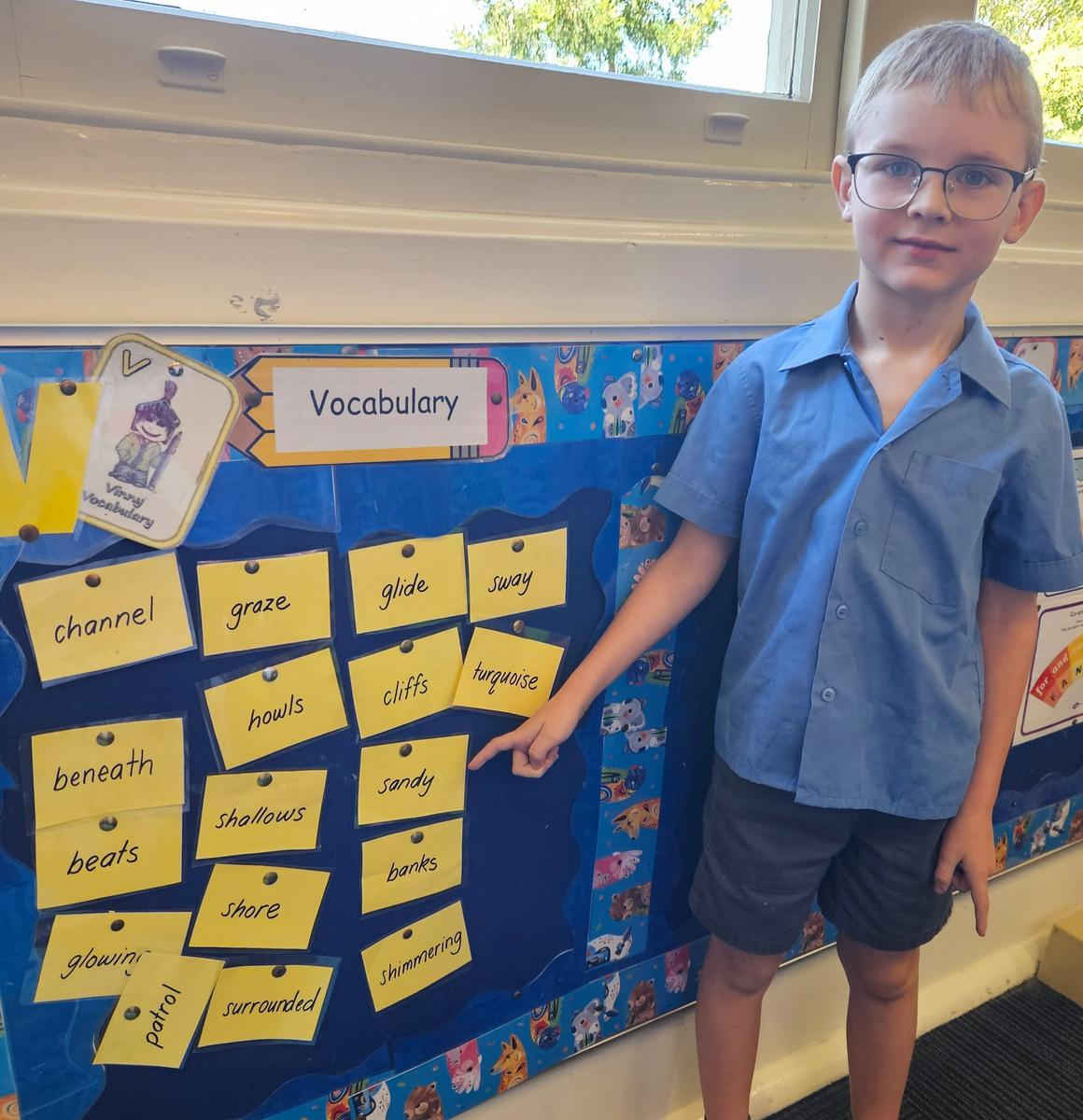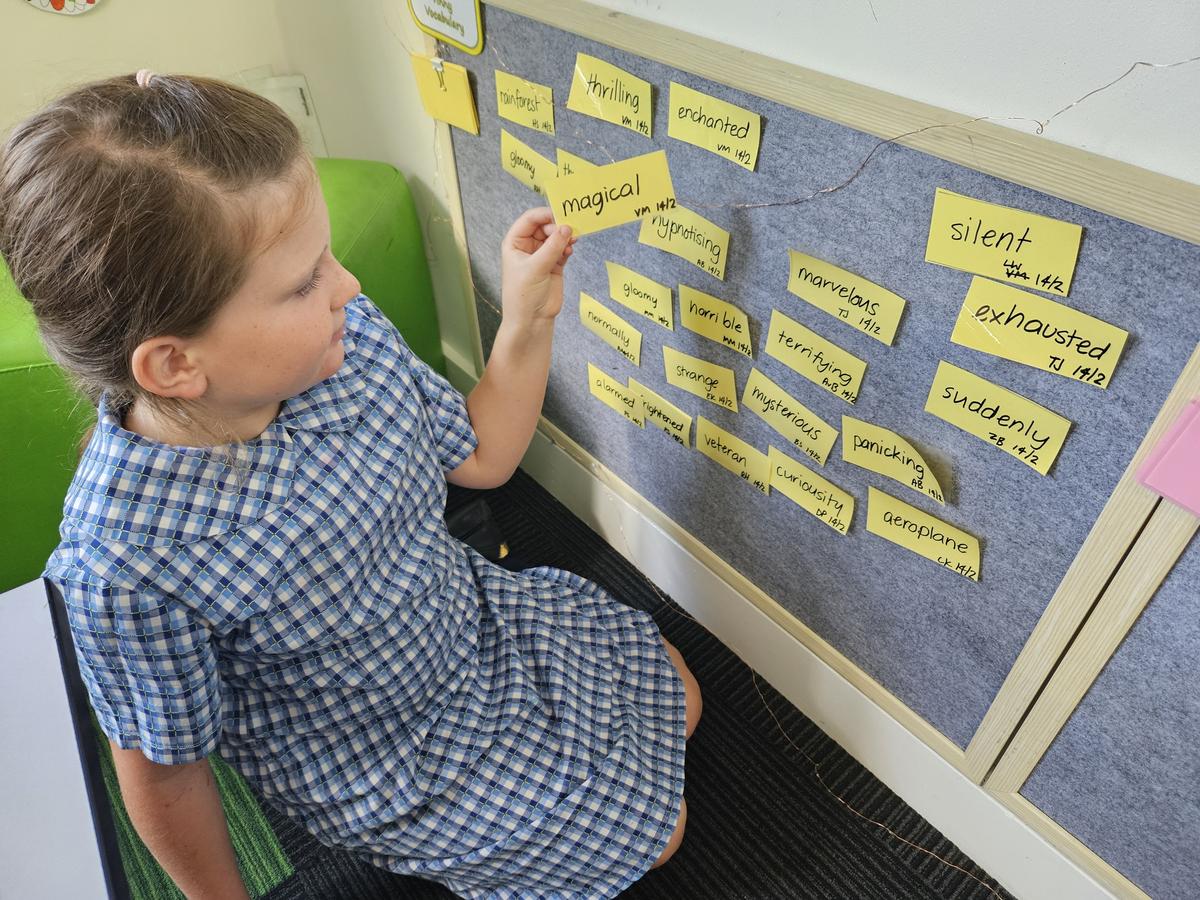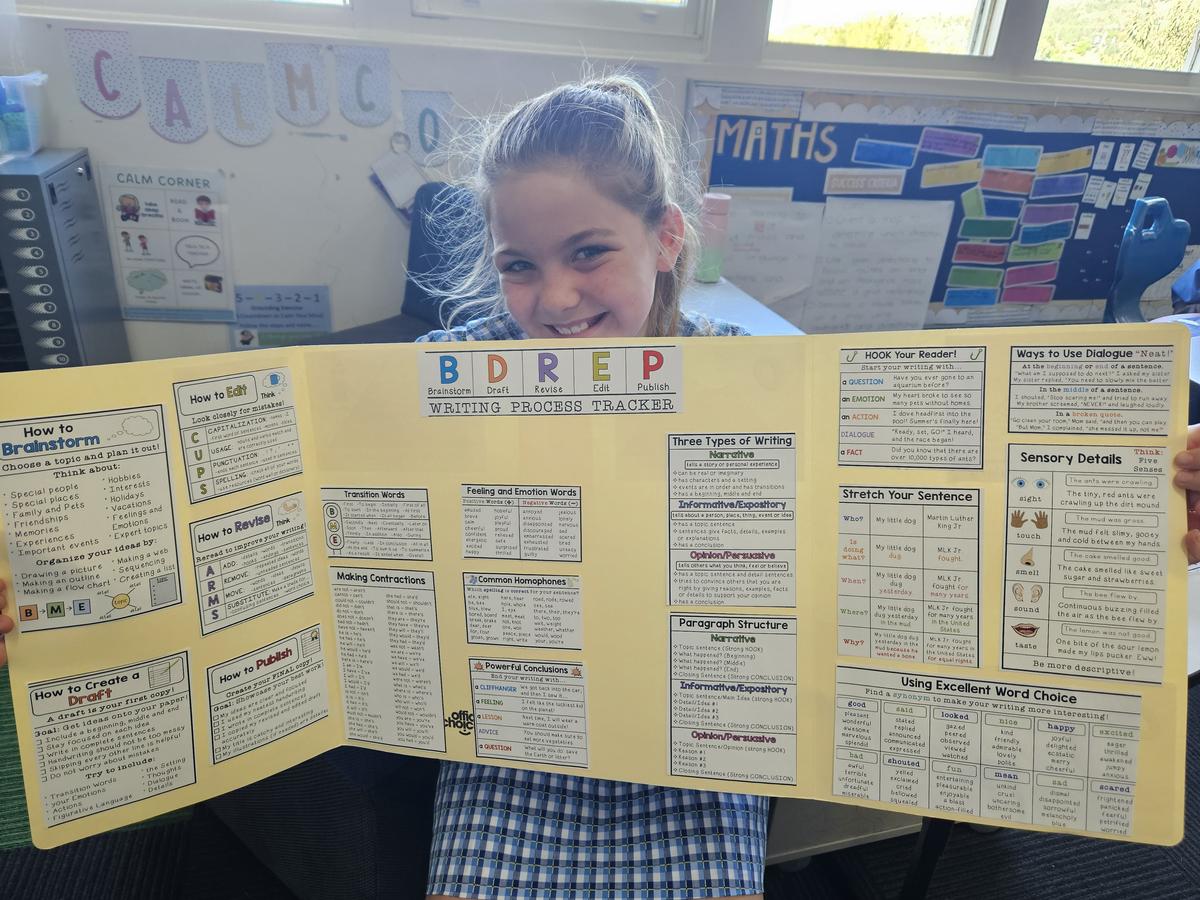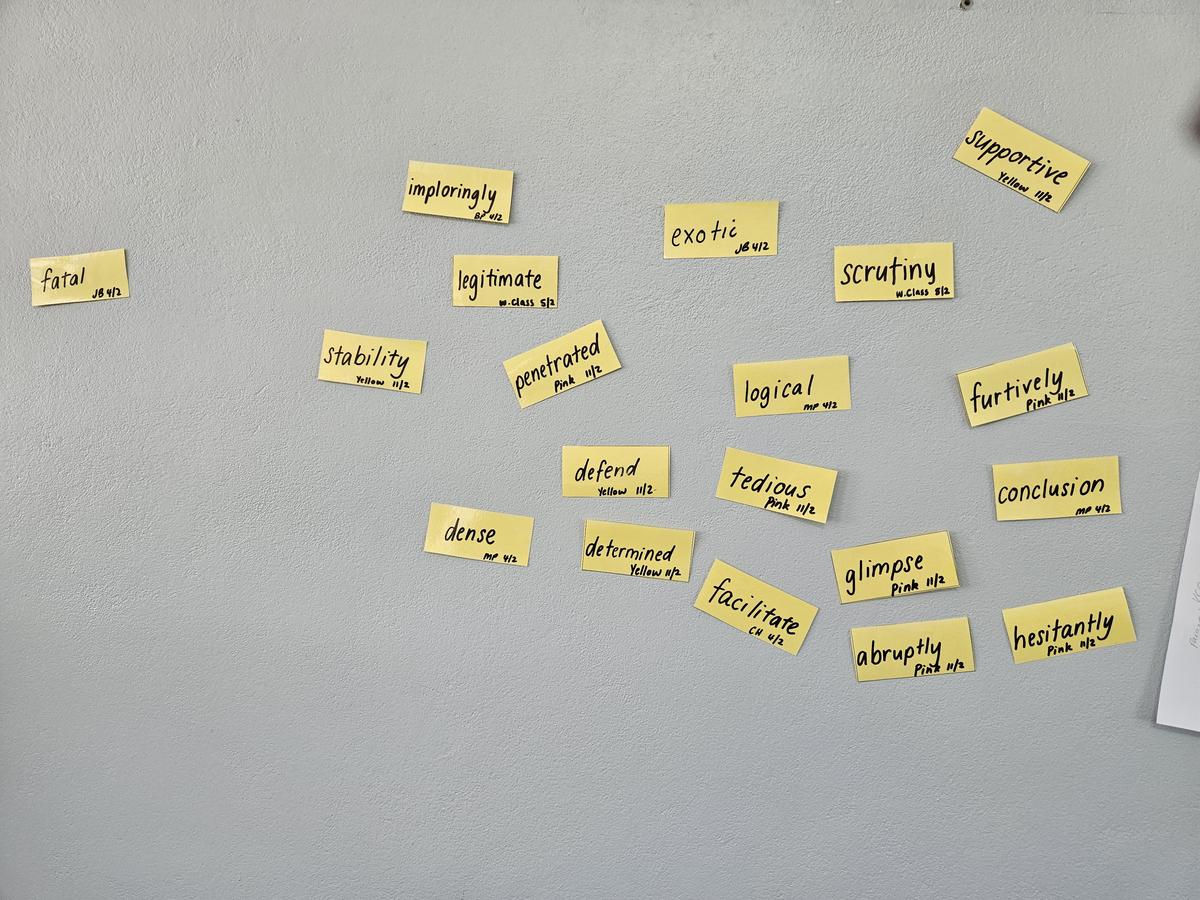Reading with children: Vocabulary

Vocabulary refers to the words children need to know to understand what they hear and read, and to communicate. Vocabulary is the most powerful predictor of reading comprehension. Knowing what words mean is essential if your child is to understand what they have read.
When it comes to vocabulary acquisition, the early years are critical. There is evidence that improving vocabulary before age six is very highly associated with literacy success in late primary school and even into mid secondary school.
Adults play a significant role in the development of a child’s vocabulary. Through everyday conversation and by reading to children, parents and caregivers can introduce a variety of new words.
Children learn new words when they: hear a word repeatedly; hear words spoken by the important people in their lives; and hear words in a meaningful context – during conversation at dinner, in the car, while playing and while reading.
Young children benefit from exposure to lots of words. As children grow, they benefit from hearing a variety of sophisticated words, and having those words explained to them.
When introducing new words to your child, keep the following hints in mind:
First, provide a simple, child-friendly definition for the new word: “Enormous means that something is really, really big.”
Second, provide a simple, child-friendly example that makes sense within their daily life: “Remember that really big watermelon we got at the fruit shop? That was an enormous watermelon!”
Third, encourage your child to give their own example: “What enormous thing can you think of? Can you think of something really big that you saw today? That’s right! The bulldozer near the park was enormous! Those tires were huge.”
Lastly, keep your new words active within your house. Over the following days and weeks, use each new vocabulary word in conversation.
Below you can see the way that teachers are exposing the students to new words through the use of our Vinnie Vocab (VCOP) learning walls. Miss Humphrey also uses a folder with Stage 2 with lots of handy hints and better word choices.




